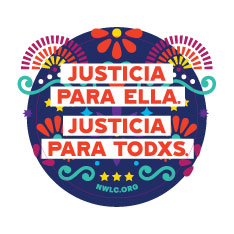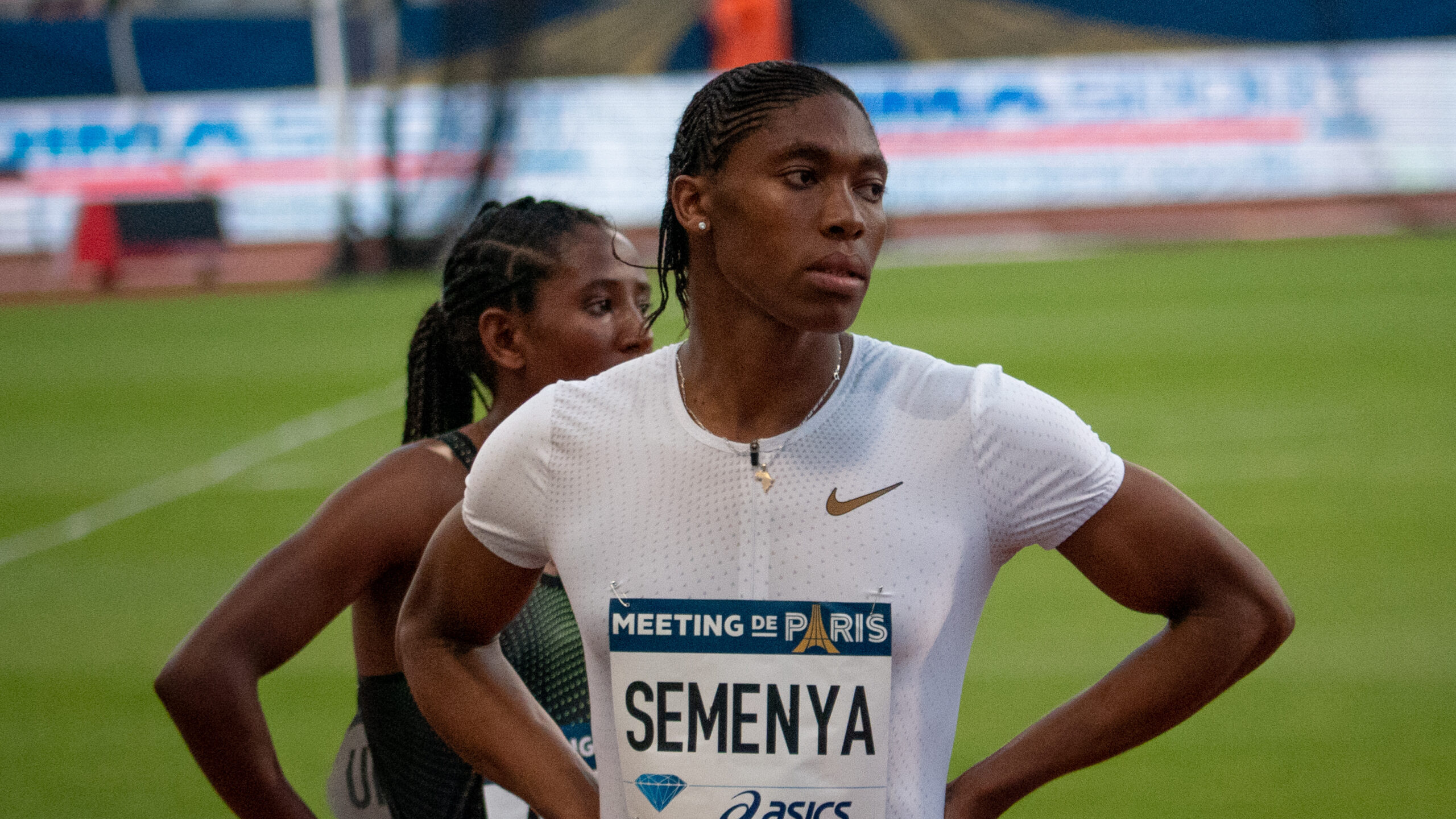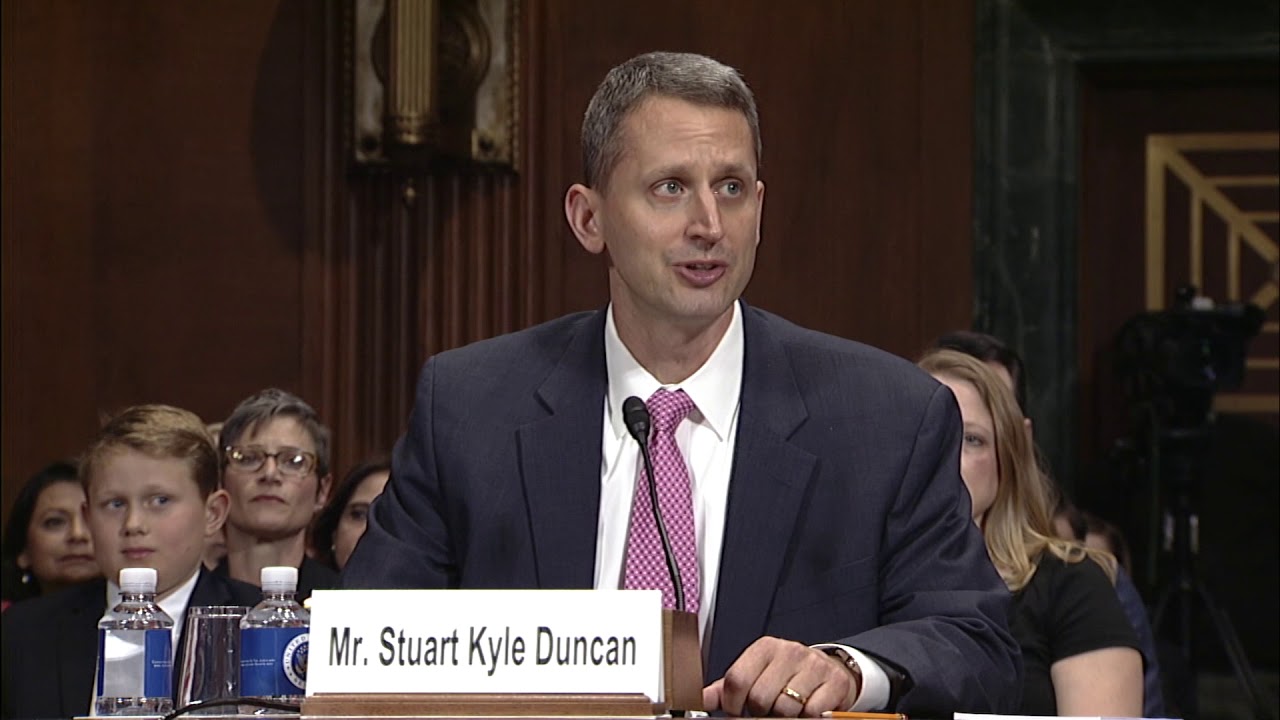What Hulu’s “The Dropout” Can Teach Us About the Pitfalls of Girlboss Feminism
“This is an inspiring step forward.”
That phrase—in Amanda Seyfried’s false baritone—has been repeating in my head for weeks, thanks to Hulu’s The Dropout, the limited series based on the real-life story of Elizabeth Holmes, founder of fraudulent biotech startup, Theranos. But it’s not just because the lilt of a disgraced former tech CEO is objectively weird (especially coming out of the mouth of the Mamma Mia star). It’s that Elizabeth Holmes is a testament to the failure of girl power feminism. Buckle up, folks: Sometimes, girlbosses are actually bad!
The Dropout explores essential questions within “representation:” Will they fight for you, or do they just look like you? Does power always corrupt? What does effective, genuine representation of the interests and experiences of an identity group look like—and does it exist? The showrunners clearly demonstrate to us that, when it comes to Elizabeth, the only way she effectively “represents” her gender is by risking our further discrimination, giving patriarchy the opportunity to label all women CEOs, women in tech, women in the sciences, maybe even all women in power, frauds. And in the words of character Dr. Phyllis Gardner, “That is unforgivable.”
Much of Elizabeth Holmes’ work to build her public image, as shown through her coming of age in the limited series, rests on the laurels of girlbossery. From the foyer of a family friend’s living room in Episode 1 to the covers of glossy magazines in photoshoot montages throughout the series, Elizabeth paints herself as a self-made #WomanInStem, breaking glass ceilings in the tech world and beyond for the good of all women. Elizabeth actually is just as “self-made” as Kylie Jenner…unless “self-made” includes your parents investing two years of full Stanford tuition into your startup after you drop out. Class and race privilege regardless, she expertly crafts her narrative as a transgressive rabble-rouser. I have to ask: Is it truly transgressive for a white woman with intergenerational wealth and connections to white supremacist institutions to become a CEO in Big Tech (one of the industries most hostile to organized labor)? Methinks not.
Elizabeth’s girl power fairytale inevitably fails when we see her interactions with women in her field. The showrunners hint at the faults in Elizabeth’s “feminist” foundation first with Dr. Gardner, a curt professor at Stanford who routinely questions the science behind Elizabeth’s ideas. While Elizabeth sees this as ageism and jealousy—revealed later when she publicly references her “not helping other women” when she gives a talk at Stanford—Dr. Gardner’s character continually reveals that she is so cautious because she knows one mistake could cost women everywhere their path in the sciences. She’s tough because she had to be. She was a trailblazer with the credentials to prove it, unlike Elizabeth, and rightfully pushed back on the idea that endless support should be extended based entirely on shared womanhood.
While Elizabeth hopes to benefit from this brand of feminism, she makes it clear she won’t extend the same support to others in the workplace she created. We meet new chemist, Erika Cheung, in Episode 6: Erika also is a young woman in the male-dominated tech field, but is experiencing overlapping oppressions she’s East Asian and grew up poor. While Erika is initially excited and inspired by Elizabeth, the “female CEO” brushes her off, silences and threatens her for questioning unethical lab practices, then silos her once she started sharing her experiences with co-workers, all of which irreparably hurts Erika’s career, confidence, and well-being. “Women supporting women,” huh?
And it’s not only interpersonal damage Elizabeth causes, but cultural. Her position as a public figure allowed her to influence young women in her field…as a complete fraud. In Episode 6, we see her speak at Stanford to an audience of students, and she encourages women in the sciences to “never take no for an answer.” This is interesting, as she ascended to power less by never taking no for an answer, but more by failing upward—always able to land back on the cushion of family money and the faith that white, powerful men had in a young, white woman like Elizabeth. And in the series finale, Elizabeth fights back against the journalist writing an exposé on Theranos by publicly branding him a misogynist, stating that his investigation into her lab’s ethics was rooted in him being “threatened by women in power.” In both of these examples, there is an insinuation that women never require redirection, guidance, or calling in when they get something wrong—moreover, that they can’t be wrong. This is a dangerous notion. Not only are women not a monolith (we’re 50% of the population), but also women are human, and humans make mistakes—that’s how we grow!
The weaponization of womanhood in response to rightful critique is something we can see throughout feminist history and the present-day movement. From agents of colonial violence like Margaret Thatcher to occasionally politically misguided celebrities like Taylor Swift, white women with class privilege have long been known to invoke the need for “women supporting women” when critiqued for furthering oppressive systems. Feminism shouldn’t be boiled down to “women support women, no matter what;” it’s a political movement with the goal of liberation from patriarchy! To get there, we have to accept that a woman can be bad without then seeing all women as inherently bad. But privileged women in power like Elizabeth know our patriarchal society isn’t there yet—they’ve experienced sexism, too!—so the hamster wheel of girlboss feminism continues.
Elizabeth, whether you learned about her from The Dropout or if you’re as deep in the world of scammer documentaries like I am, gives the feminist movement the reality check that we need. Girlboss feminists like Elizabeth Holmes do not want liberation. They want a slice of the patriarchal pie. And when feminism is used for capitalist, white supremacist means, it inevitably will hurt other women. I hope to see a feminist movement where we can differentiate our desire to see women like us influence public life from a willingness to see any woman, no matter what, gain power in patriarchal systems. Because shared womanhood is not enough—it’s a shared vision that will get us to a future where we all thrive.




